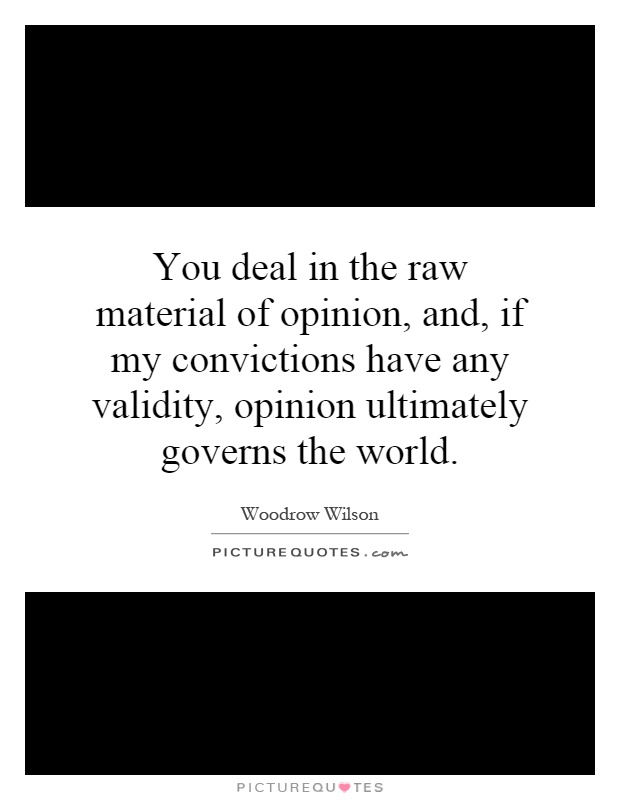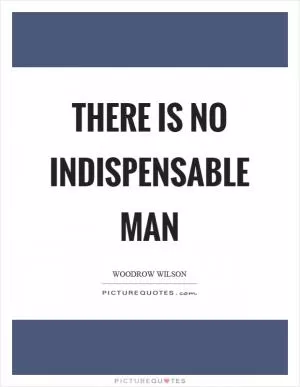You deal in the raw material of opinion, and, if my convictions have any validity, opinion ultimately governs the world

You deal in the raw material of opinion, and, if my convictions have any validity, opinion ultimately governs the world
Woodrow Wilson, the 28th President of the United States, was a man who understood the power of opinion and its influence on the world. He once said, “You deal in the raw material of opinion, and, if my convictions have any validity, opinion ultimately governs the world.” This statement reflects Wilson’s belief in the importance of public perception and the role it plays in shaping the course of history.Wilson was a master of using his own opinions to sway public opinion and achieve his political goals. He was a skilled orator who could captivate audiences with his eloquence and charisma. He understood that in order to lead effectively, he needed to win the hearts and minds of the American people. Wilson’s ability to articulate his vision for the country and inspire others to believe in it was a key factor in his success as a leader.
Wilson’s belief in the power of opinion was evident in his approach to diplomacy and foreign policy. He was a strong advocate for the League of Nations, a precursor to the United Nations, which he believed would help prevent future wars by fostering international cooperation and dialogue. Despite facing opposition from isolationists and skeptics, Wilson used his persuasive abilities to rally support for the League of Nations and make it a central part of his post-World War I peace plan.
Wilson’s understanding of the importance of opinion also extended to his domestic policies. He was a progressive reformer who championed causes such as women’s suffrage, labor rights, and anti-trust legislation. By appealing to the public’s sense of justice and fairness, Wilson was able to push through significant reforms that improved the lives of millions of Americans.












 Friendship Quotes
Friendship Quotes Love Quotes
Love Quotes Life Quotes
Life Quotes Funny Quotes
Funny Quotes Motivational Quotes
Motivational Quotes Inspirational Quotes
Inspirational Quotes